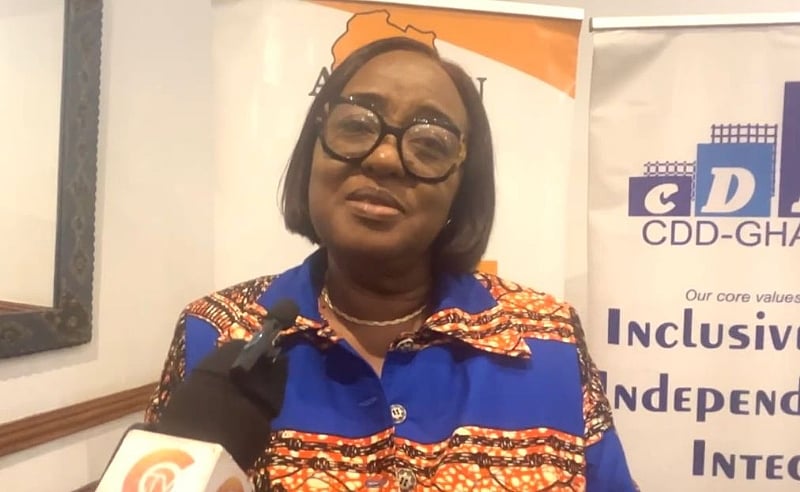Convener of the Affirmative Action Law Coalition, Lawyer Sheila Minkah-Premo, has called for amendments to portions of Ghana’s newly passed Affirmative Action (Gender Equality) Act to strengthen compliance, especially among political parties.
She argued that the current version of the law lacks enforcement mechanisms and may not yield its intended results if left as is.
Speaking at a National Dialogue on the law’s implementation in Accra on Tuesday, June 24, Madam Minkah-Premo said the absence of sanctions for non-compliance, particularly by political parties, weakens the law’s ability to promote gender inclusivity in governance.
“There are some parts of the law which are not so strong… Section 20, for instance, only encourages political parties to align with the targets of the law. But there are no punishments or sanctions if they don’t comply,” she noted.
She stressed the need for constitutional reforms to back the law with firmer provisions.
According to her, certain articles in the 1992 Constitution such as Articles 93 and 94, would have to be reviewed to pave the way for the inclusion of enforceable gender quotas.
“In some countries, the percentage of women representation is clearly stated in their constitution. Once that is done, the law can be amended to make it tougher to ensure compliance,” she stated.
The national dialogue was organised by the Centre for Democratic Development (CDD-Ghana) in collaboration with Abantu for Development, and the Global Centre for Pluralism.
Meanwhile, the Ministry of Gender, Children and Social Protection has announced that steps are underway to constitute the Gender Equity Committee that will oversee the implementation of the Affirmative Action (Gender Equity) Act, 2024.
The Gender Equity Committee is a critical body mandated by the Act to ensure and monitor compliance with its provisions across public and private institutions.


